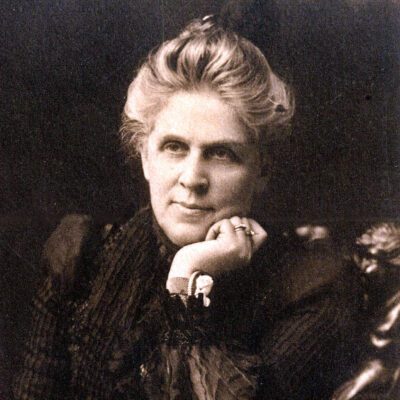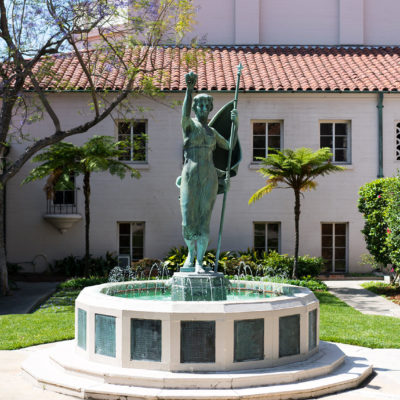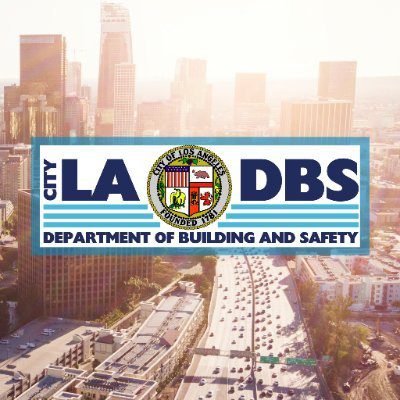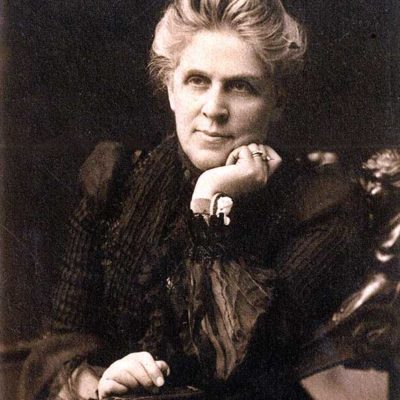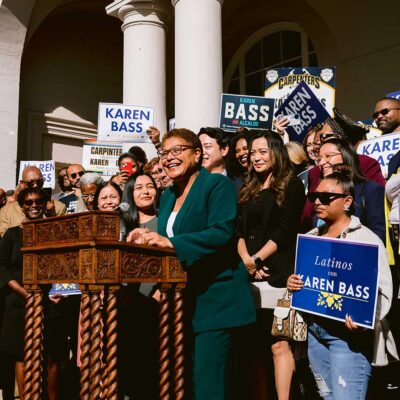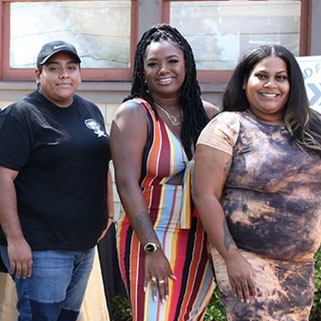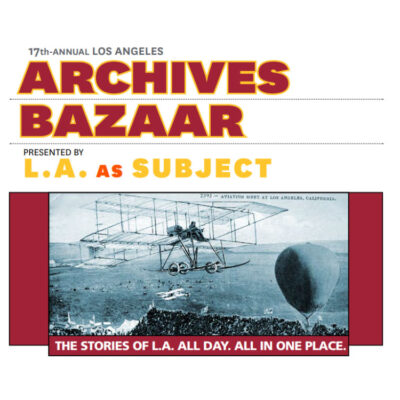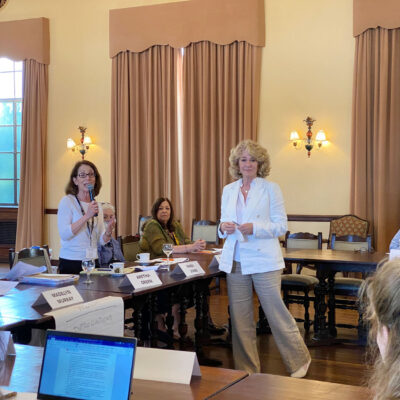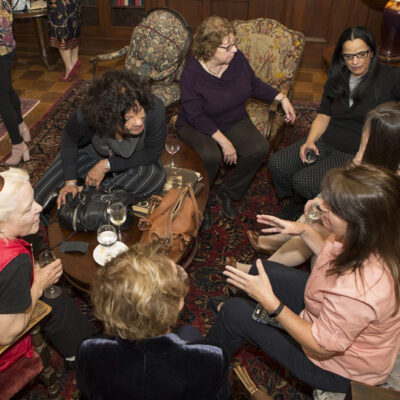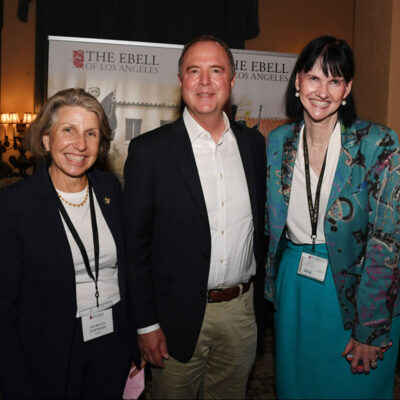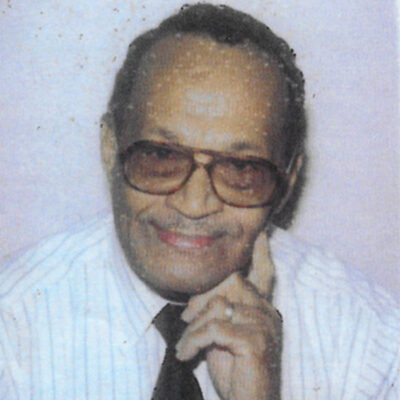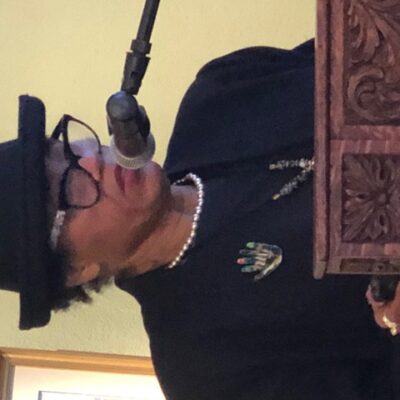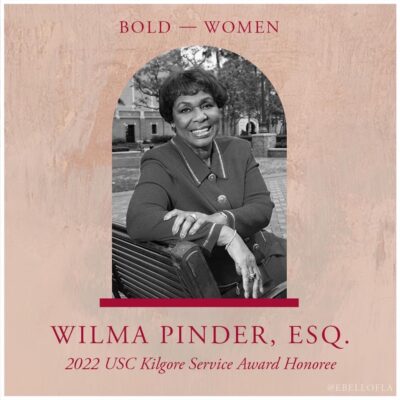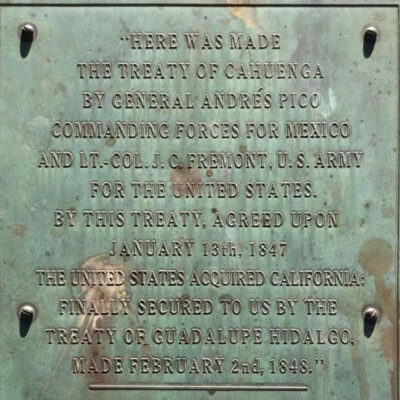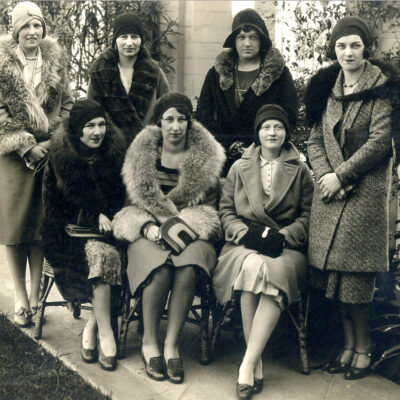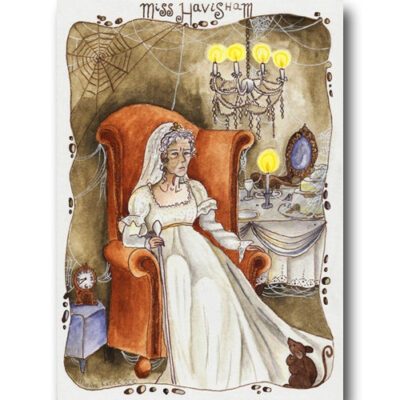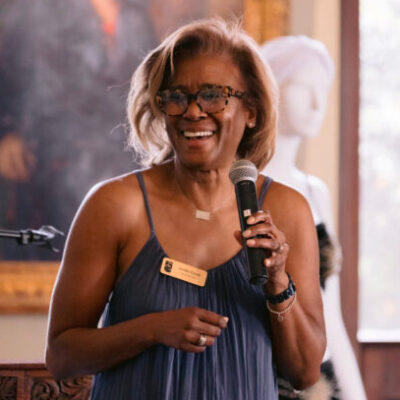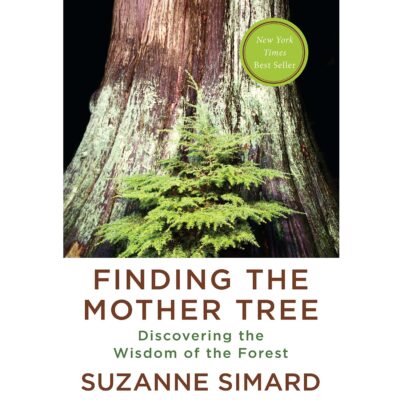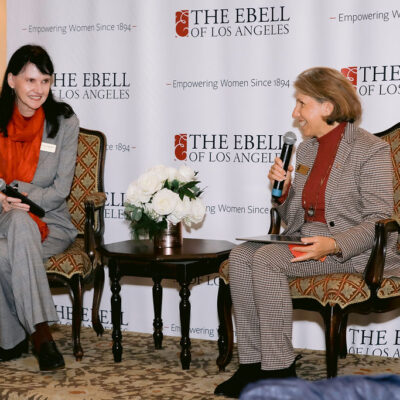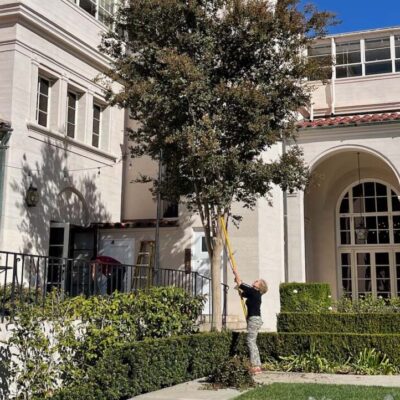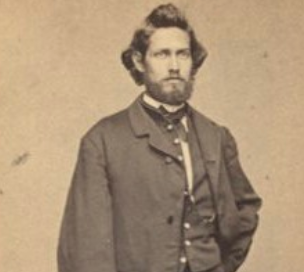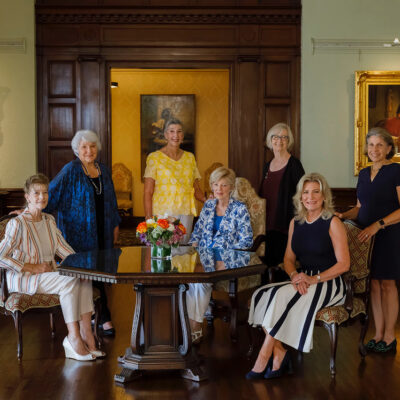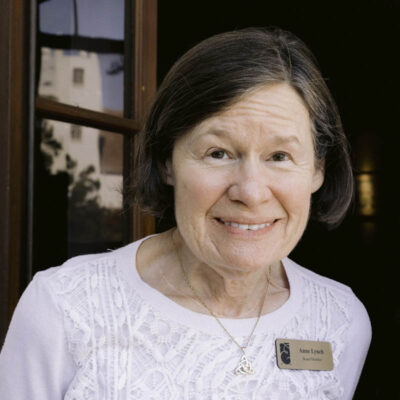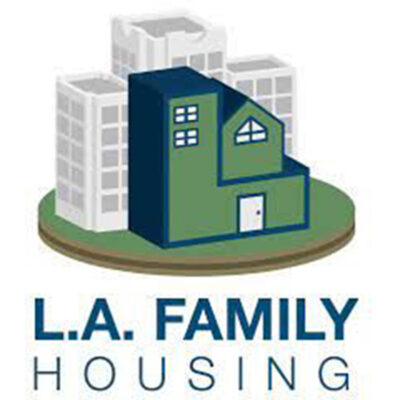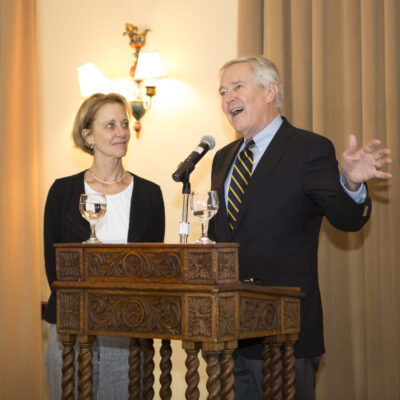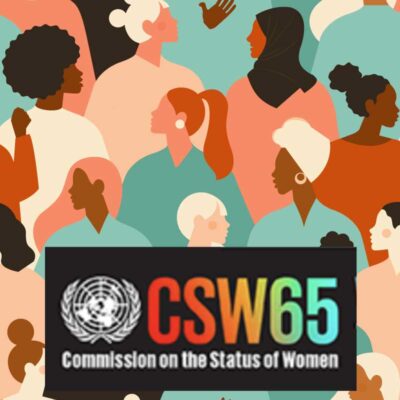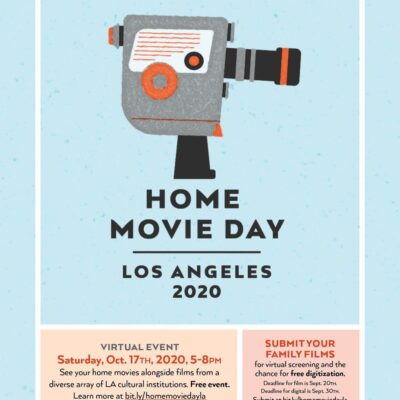Below please find information on the questions we’ve been asked.
| FAQs and Responses |
|---|
| What’s a Bylaw?
California law requires that corporations have Bylaws. According to the California Association of Nonprofits, Bylaws address fundamental provisions related to the management of an organization’s activities and affairs. Bylaws “should provide guidance to the Board and reassurance of sound governance practices to government authorities, funders, and other interested stakeholders.” |
Why change our Bylaws now?
|
| What is NOT changing?
More things will stay the same than will change. In the new Bylaws, you’ll still find the categories of membership, the rules for nomination and election of officers and other Board members, the procedures for holding meetings of the members and the Board, the basic guidelines for committees, and how Bylaws may be amended when necessary. Specifically: Ebell members will continue to elect their Board of Directors and the Nominating Committee members.The officers of The Ebell—President, VP, VP of Finance, Treasurer, and Secretary—will continue to be elected by members to those specific positions. Board members will still be subject to term limits.Policies that have been removed from the Bylaws will remain in force (and are now found in the interim policies, a separate document).Board members will chair and participate in committees. Committee Chairs and Vice Chairs will be recommended by the Nominating Committee and assigned by the Board, and each Board member will be required to serve on at least one committee. |
What are the important changes?
|
| Why are the committee lead role titles changing from Director to Chair?
To eliminate confusion between staff and Board roles, we chose to use the title “Director” for staff roles (as, for instance, “Director of Membership and Programming,” Meredyth Deighton’s official title) and have our Board committees chaired by Chairs, as is the practice on most non-profit boards. Our Board member leadership role titles will change from Director of XYZ Committee to Chair of XYZ Committee. Nothing else changes in the authority or responsibility of the role of leading a committee. |
| Wouldn’t the At-Large Board member positions mean that someone without any knowledge could be designated as Committee Chair?
The Bylaws will specify a minimum time someone must serve on a committee before assuming the Chair role. Also, it will still be the case that only a Board member may chair a committee, and the whole Board pledges to act in the best interest of The Ebell and wants to establish the most effective leadership team to steward the organization. |
| What is a Committee Charter? Why do we need them?
A charter is a document that defines the committee’s purpose, roles, membership, and responsibilities. It is good governance practice to clearly state the purpose of each committee and any subcommittees. Specific policies may be included in the charter as appropriate, or in the more general policies of The Ebell. |
| What is the purpose of the Vice Chair role for committees?
The objective of designating a Vice Chair is to develop committee leadership (with the intention of the Vice Chair developing and demonstrating the capabilities to serve in the Chair role). Thoughtful succession planning within each committee provides continuity and efficient knowledge transfer when there are leadership transitions. |
| Will the role of the Nominating Committee change?
The Nominating Committee will continue to serve the vital function of identifying and vetting qualified members to nominate for open seats on the Board. They will collaborate with the Executive Committee to understand what skill sets and committee experience are needed. And they will work with other Board members, Subcommittees, and the membership at large to solicit high-quality candidates to serve on the Board. |
| How will the committee leadership be determined if membership votes for At-Large Board members?
Committee Chairs and Vice Chairs will be recommended by the Nominating Committee and assigned by the Board. Each Board member will be required to serve on at least one committee. As we expand the Board, not every Board member will chair a committee. |
| I am confused about At-Large Board Members. What is the purpose of moving away from specific jobs for Board members?
By giving Board members an “at-large” seat at the table, we can create a unity of vision and purpose shared across the entire Board working as a collaborative team. We need all Board members to understand and balance the needs of the entire organization. |
| With At-Large Board members, what role will Board members play who do not chair a committee?
As an organization, we are in a period of transition. We have more internal resources and highly qualified professionals on staff who perform day-to-day tasks of operating the organization. Their skills greatly enrich the organization. This means Board members can and will serve a broader role as strategic advisors and supporters as we build a vibrant and sustainable future for the organization. This includes the significant work ahead of us to obtain the broad community support and funding necessary to retrofit our historic building. We need to engage more of our membership in leading this charge through Board service. We value the skills and wisdom of our Board members as they guide us to a position of strength for the future. All Board members will serve on at least one committee. |
| How can I be sure that my favorite committee will not be eliminated?
Our proposed Bylaws define Standing Committees, which are the following:
Affiliated entities (Ebell Rest Cottage Association, Ebell and Flint Scholarship Funds, and Ebell Friends) have always been a bit different, with their own tax ID’s and Bylaws, but have been and will continue to be represented on the Ebell Board. There are no plans to eliminate committees. As a matter of practice, if a committee is active and functioning with sufficient members, it’s obviously filling a need. |
| It is important to me that RCA or Scholarship have advancement from within the respective committee. How can I be assured that will happen?
Per the proposed Bylaws, the affiliated entities shall recommend one or more members thereof to the Nominating Committee for nomination to the Board and to chair their respective committee. So, these entities will continue to have control over nominations for their leadership. |
| Why are the policies removed from the Bylaws? Doesn’t that reduce the power of our membership?
Membership authority will be enhanced through these changes. Most nonprofits—including The Ebell, by long tradition—put their procedures in a separate set of policies that are easier to amend as needed. If you don’t find something you’re used to seeing in the proposed new Bylaws, it’s probably been moved to Policies along with most of our day-to-day procedural rules. The Board has approved Interim Policies which were lifted in their entirety from the existing Bylaws and Policies, so nothing has been changed or lost. We recognize that our existing Policies document has inconsistencies, is repetitive and oddly sequenced, and will require additional effort to streamline. When that work is complete over the coming months, you will have a more rational, cleaner set of policies to review and understand. This process will give all Ebell members easier access to policies, procedures, and Ebell activities. In addition, through their work on committees, members are able to craft and propose new policies and revise old ones to fit current needs without being constrained by policies enshrined in the Bylaws that are difficult to change. |
| What is the advantage of expanding the size of the Board from 15 up to 21 members?
The size of the Board, currently 15 members, will change to 15-21 members to allow for more inclusivity, flexibility, engagement, and representation of members. This offers the opportunity for more members to serve in guiding The Ebell into the future. |
| Extending the Board terms from two to three years seems like a long time. What is the rationale for this?
Board terms will be extended from two to three years to improve transfer of knowledge and continuity. Our organization has a long and proud history, and our legal and financial structures are complex. The longer Board term will allow those serving to develop a deep understanding of the interrelationships of these functions in order to better perform their roles. |
| Total term limits of 12 years for Board service seems too long/too short. Please explain.
No person shall serve more than 12 consecutive years on the Board in any capacity. A Board member who has served for 12 consecutive years may be eligible to serve on the Board again after a hiatus of three years (i.e., the length of a single term). There is no lifetime restriction on the number of years of Board service. The current Bylaws disqualify members from future service after they have served on the Board for 12 years, whether those years were consecutive or not. Many members have an interest and skill set to serve again. While encouraging all members to be involved in governing The Ebell and develop their leadership potential is important, it is also important to retain and encourage seasoned leaders.
|
| What is the process to adopt the revised Bylaws and policies?
We anticipate holding a vote to adopt the Bylaws in late January or February. Before that, we will be asking for your reactions to the proposed Bylaws, and there will be several opportunities for you to offer your opinions. (Of course, you’re still welcome to call or email us anytime!) Adoption requires the approval by two-thirds of membership voting and a minimum of 50 eligible members to form a quorum. |
| Why is my vote important?
We value women’s voices. Without exception. We want you to see how the new Bylaws provide for a less encumbered governance structure, provide more opportunities for members to serve in leadership of the organization, and position The Ebell for a vibrant future working for the greater good of our members, our stakeholders, and our community. |
| Who is eligible to vote?
Only Regular and Life members have the right to vote. Regular members receive the right to vote on the first anniversary of their election to membership. |
| Why are we permitting men to become regular members, and how, if at all, will this change The Ebell?
First, the mission of The Ebell—quoted right up front on the home page of our website— “is to inspire women and build community through arts, culture, education, service, and stewardship of our historic campus and collections.” All our advertising, our website, our public statements, most of our programs, and everything else we do emphasize that the focus is on women and our/their place in the community, as it always has been. Nothing in the Bylaws will change that; in fact, the new Bylaws are all about making The Ebell run more smoothly. At the Open House last month, only one new applicant signed up for a Gentlemen’s Membership. At this time, we have five Gentlemen members—hardly a crowd, let alone an existential threat if permitted to convert to Regular membership. Although we certainly are open to everyone and anyone who believes in our mission and follows our rules, we do not advertise ourselves as an organization that specifically welcomes men, nor will we actively recruit them as members. In other words, the proposed bylaw amendment will change nothing significant to our character or our operations. It is also important to note that discrimination by a business entity on the basis of sex (among other characteristics) has been illegal in the City of Los Angeles since 1987. In May of that year, then-Mayor Tom Bradley signed an ordinance, sponsored by City Councilwoman Joy Picus, that made it illegal for any club with more than 400 members that serves regular meals and takes payments for meetings attended by non-members to exclude people from membership on the basis of sex, sexual orientation, race, color, religion, ancestry, national origin, or disability. It took effect “30 days after its imminent formal publication,” according to the Los Angeles Times issue of May 29, 1987. The following year, the U.S. Supreme Court ruled in New York State Club Assn. vs. City of New York that municipalities may force large private clubs to admit women and minorities. The Court said that clubs which serve meals and rent facilities to outsiders are more like business establishments than intimate social groups and therefore have no right to escape anti-discrimination laws. The New York City law that the Court upheld in that case was almost identical to the Los Angeles law mentioned above. It’s clear that The Ebell, with close to 600 members and a portfolio of thriving businesses that allow us to maintain our beloved building and keep it open, is just the sort of organization to which the Los Angeles law applies. Accordingly, permitting men to become full members is consistent with our legal responsibilities. However, based upon our mission, our vision, and our history and practice, we expect this change to have negligible impact on any aspect of The Ebell. Our membership is a coalition of people who believe in and support the mission. Our membership ensures The Ebell’s relevance and longevity and sets us up to fulfill our work as a non-profit, and as a vibrant community cultural, service, and educational hub. That is exciting and sets the stage for important work and greater access to needed grants and fundraising. Because of our organizational mission, it is critical we have a prudent, legal, and inclusive membership policy. |









